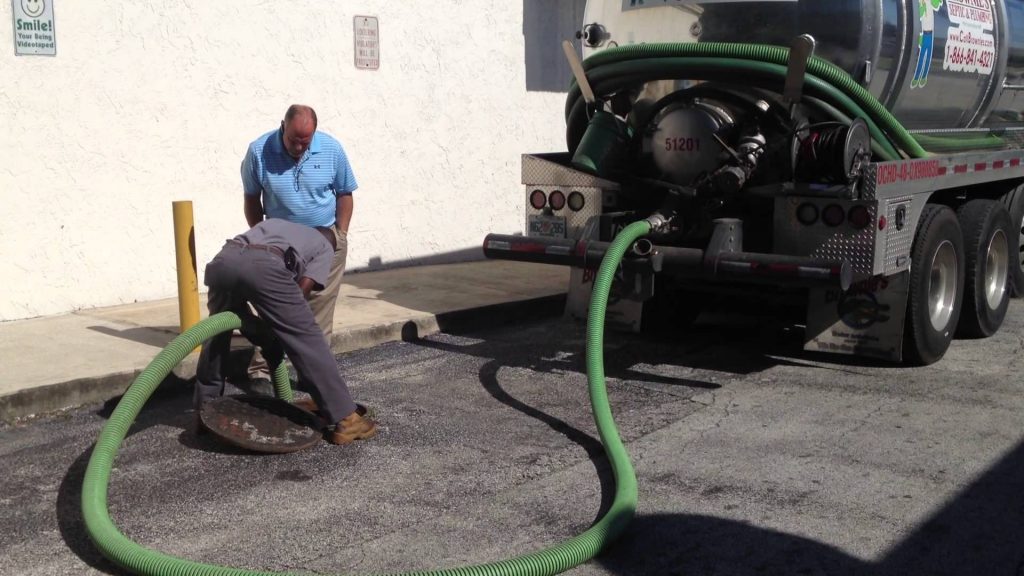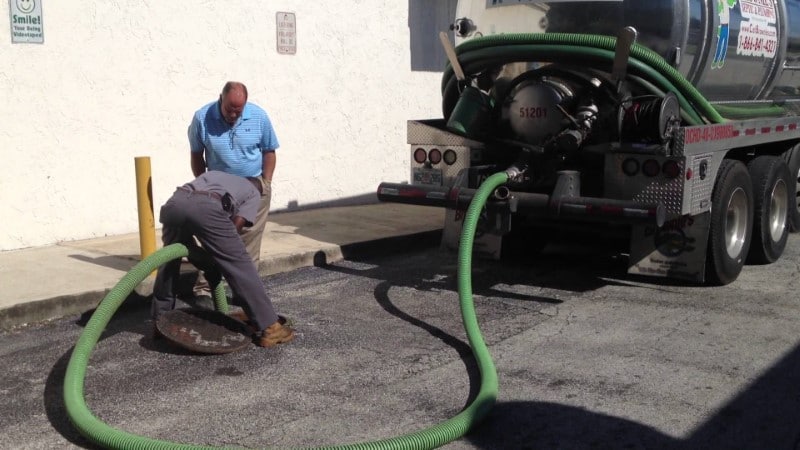
Because of the current FOG (fats, oils, grease) crisis being endured by the United States, the grease ordinance was created. This ordinance aims to protect the wastewater system. FOG from the correctional facilities enters the wastewater in huge amounts. Because of this, the correctional facility managements are mandated to follow the grease ordinance. They are required to have grease traps or grease interceptors professionally installed within their premises. The traps should be maintained and inspected regularly. They should also have legal permits. Strict implementation of the grease ordinance in correctional facilities is needed if the FOG crisis is to be fully controlled.
Prevention is the best means to put an end to the FOG overflow that comes from correctional facilities. To accomplish this, there should be discipline on the part of the kitchen employees when it comes to correctional facility grease reduction. The ones who wash the cooking equipment and dishes should not just dump the grease and food into the drains. They should manually scrape off and collect them in a leak-proof container that can be sealed up before it’s disposed of properly. The drains in their sinks should be fitted with fine meshes to catch the bits of food and grease. These modifications in maintenance will enable them to lessen the FOG that enters the grease trap. Low levels of FOG results to non-existent cases of FOG overflow.
Another way to prevent FOG overflow is not to use enzymes and chemicals in maintaining the grease trap. These substances are emulsifiers that only make the FOG more effluent loving. The FOG still mixes with the effluent and when the FOG solidifies, it sticks to the inner pipe walls and harden there until the wastewater flow is completely blocked. Chemicals and enzymes also cause leaks because they are very harsh substances that could damage the physical components of the grease trap. Instead of placing the correctional facility budget on chemicals and enzymes, it should just b spent on more useful helpers such as bacteria.
Bacteria are very primitive or ancient organisms that only have two basic activities in mind—eat and reproduce. In the grease trap, there is paradise to take advantage of and bacteria know it. Once deployed in the grease trap, bacteria get down to business right away. They waste no time. They voraciously eat the FOG and the solid wastes until everything is eliminated, including the foul odors. Only non-pathogenic bacteria are used in bacteria-based additives. The process of bio-augmentation uses a specific type of bacteria to get rid of the FOG and other contaminants. Bioremediation uses friendly bacteria to transform FOG into less harmful compounds.
Correctional facility grease reduction can be achieved by using bacteria regularly every time the grease trap is maintained or pumped out. Because the FOG is kept at very low levels, there will be less frequent pump out sessions with the grease trap expert. There won’t be any lawsuits about FOG overflow to face. The correctional facility managements would surely find it more economical to use bacteria instead of chemicals and enzymes that only make consumers believe in false promise. Correctional facility grease reduction is a possible task. The managements should just be vigilant in improving their maintenance practices and their choice of additive. Bacteria would be the safest, most practical choice in the present economic status of the country.
